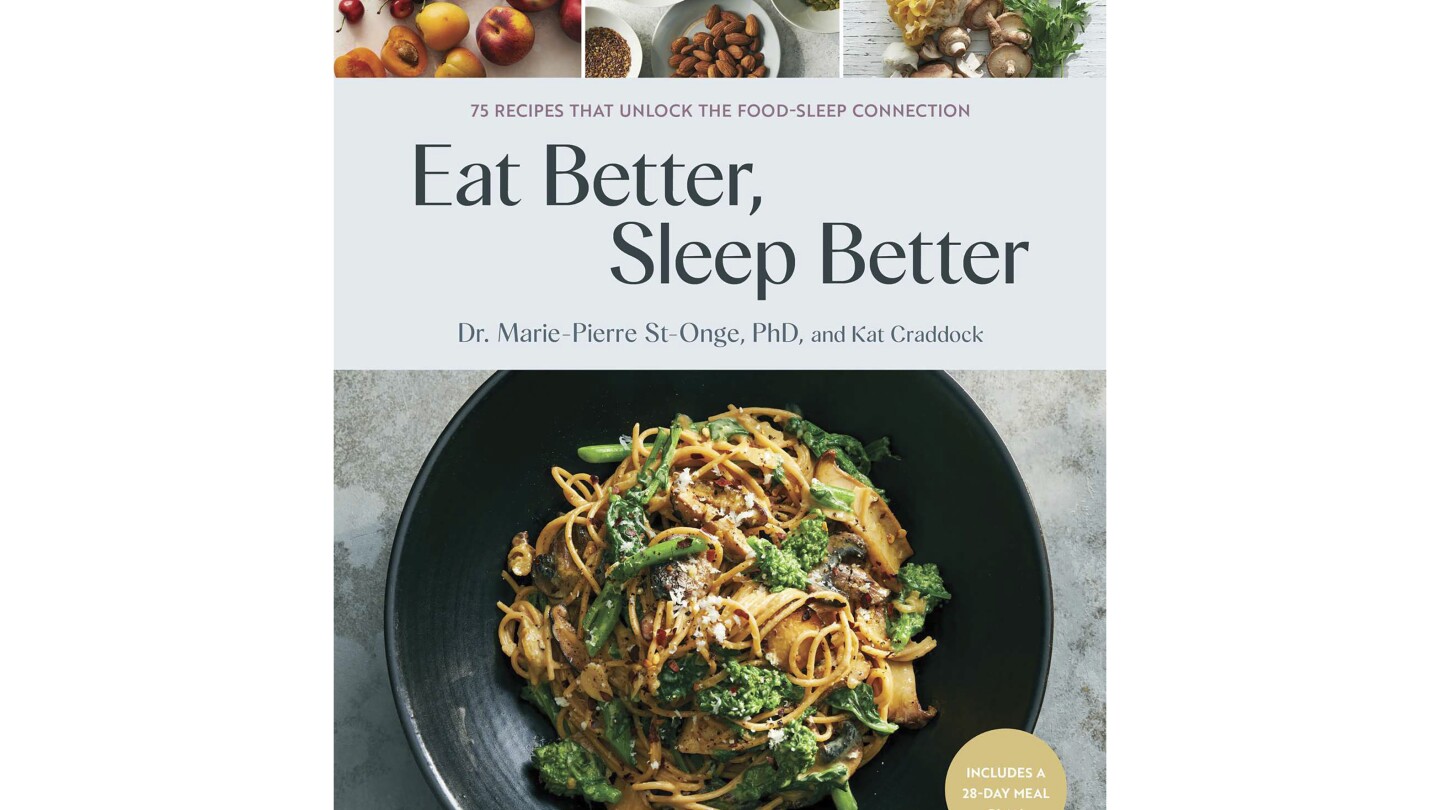Unlocking the Secrets: How Healthy Eating Enhances Sleep Quality
Are you tossing and turning at night, struggling to catch those elusive Zs? You may not realize it, but what you eat can significantly impact your sleep quality. In this article, we’ll explore the intricate relationship between nutrition and restful sleep, revealing how healthy eating enhances sleep quality and transforms your nightly routine.
The Connection Between Nutrition and Sleep
Sleep is an essential component of our health, influencing our mood, cognition, and overall well-being. Interestingly, research has shown that our diet plays a pivotal role in how well we sleep. Certain foods can either promote relaxation and sleepiness or disrupt our sleep patterns. Understanding this connection is key to unlocking better sleep through healthy eating.
Key Nutrients that Promote Sleep
Several nutrients are particularly beneficial for sleep quality. Here are some of the most important:
- Magnesium: This mineral is known for its calming effects on the nervous system. Foods rich in magnesium, such as leafy greens, nuts, seeds, and whole grains, can help regulate sleep patterns.
- Tryptophan: An amino acid that converts to serotonin and melatonin, tryptophan is found in foods like turkey, chicken, milk, and bananas. Consuming these foods can promote sleepiness.
- Omega-3 Fatty Acids: Found in fatty fish like salmon and walnuts, omega-3s have been linked to improved sleep quality due to their anti-inflammatory properties that help regulate sleep hormones.
- Vitamin D: Low levels of vitamin D have been associated with sleep disturbances. Fatty fish, fortified dairy products, and sunlight exposure can help maintain adequate levels.
- Complex Carbohydrates: Whole grains, legumes, and starchy vegetables can help facilitate the absorption of tryptophan, making it easier for your body to produce serotonin and melatonin.
Foods to Include in Your Diet for Better Sleep
To enhance sleep quality through healthy eating, consider incorporating the following foods into your meals:
- Cherries: These tiny fruits are a natural source of melatonin, which helps regulate your sleep-wake cycle.
- Kiwi: Studies have shown that eating kiwi can improve sleep onset, duration, and efficiency.
- Fatty Fish: Salmon and mackerel are not only rich in omega-3s but also vitamin D, both of which support sleep quality.
- Nuts: Almonds and walnuts are excellent sources of magnesium and healthy fats, making them a great snack before bedtime.
- Herbal Teas: Chamomile and valerian root teas are known for their calming effects and can be a soothing pre-sleep ritual.
Foods and Habits to Avoid Before Bedtime
While some foods promote better sleep, others can hinder it. Here are some items and habits to steer clear of in the hours leading up to bedtime:
- Caffeine: Found in coffee, tea, soda, and chocolate, caffeine is a stimulant that can disrupt sleep if consumed too close to bedtime.
- Alcohol: While it might make you feel drowsy initially, alcohol can interfere with your sleep cycle and lead to restless nights.
- Heavy Meals: Eating large meals or spicy foods right before bed can cause discomfort and indigestion, making it hard to fall asleep.
- Sugar: High sugar intake can lead to spikes in energy followed by crashes, disrupting your sleep patterns.
Establishing a Sleep-Friendly Routine
In addition to healthy eating, establishing a consistent sleep routine can further enhance your sleep quality. Here are some tips to consider:
- Set a Schedule: Go to bed and wake up at the same time each day to regulate your body’s internal clock.
- Create a Relaxing Environment: Keep your bedroom dark, cool, and quiet. Consider using blackout curtains and white noise machines.
- Limit Screen Time: Reduce exposure to screens at least an hour before bed to help your body prepare for sleep.
- Wind Down: Engage in calming activities such as reading, meditating, or gentle stretching before bed.
Personal Experiences and Insights
In my own journey toward better sleep, I discovered how powerful dietary changes could be. After a period of insomnia, I began incorporating magnesium-rich foods into my diet, such as spinach and pumpkin seeds. I also made a conscious effort to limit caffeine and alcohol, especially in the evening. The transformation was profound; not only did I fall asleep faster, but I also experienced deeper and more restorative sleep.
It’s essential to remember that everyone’s body is different. What works for one person may not work for another. Keeping a food and sleep diary can help identify patterns and determine which foods enhance or disrupt your sleep.
Conclusion: Transforming Your Sleep Through Nutrition
Unlocking the secrets of how healthy eating enhances sleep quality is a journey worth embarking on. By understanding the relationship between nutrition and sleep, we can make informed choices that lead to a better night’s rest. Incorporating sleep-promoting foods, avoiding disruptive habits, and establishing a consistent sleep routine can make a world of difference in your overall well-being.
So, next time you’re planning your meals, consider how they might influence your sleep. With a bit of mindfulness and dedication, you can transform your nightly routine and enjoy the restful nights you deserve.
See more WebMD Network



